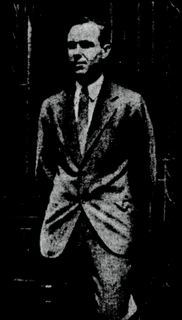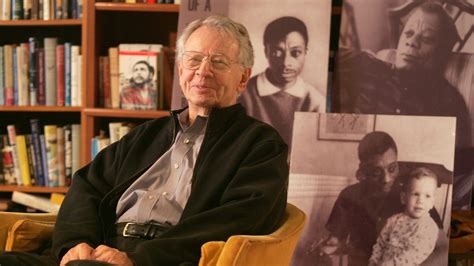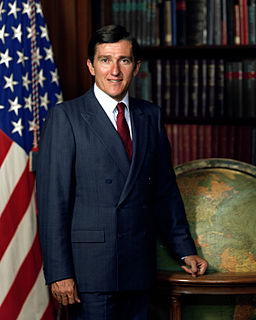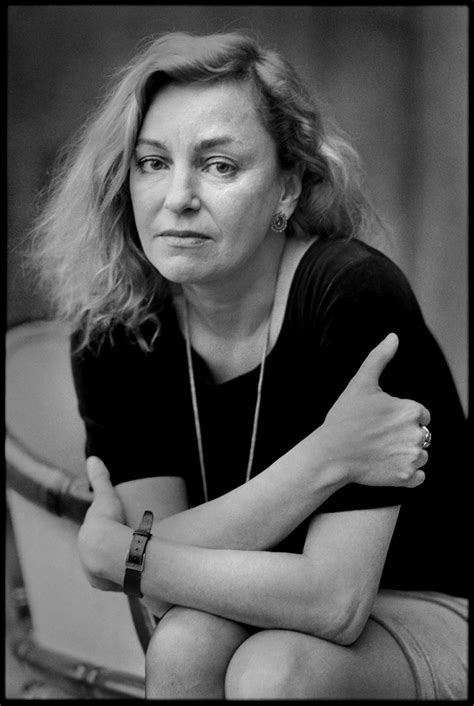A Quote by Chogyam Trungpa
The visual impact of the stupa on the observer brings a direct experience of inherent wakefulness and dignity. Stupas continue to be built because of their ability to liberate one simply upon seeing their structure
Related Quotes
The blessings of stupas are such that they benefit all beings, regardless of their connection and motivation. If one participates in a stupa's construction and ritual activities, or honors the completed stupa with an altruistic resolve to benefit all beings, then the blessings are such that the Buddha himself could not describe them.
The creativity that comes from silence, from a quiet heart, feels different from that of ambition to both the creator and the observer. When the artist or the worker is out of the way, both the creator and the observer experience the art as simply a gift, an expression of the impersonal intelligence shared by all. The creator has no need to take credit for it, the observer no need to possess it.
Direct experience is inherently too limited to form an adequate foundation either for theory or for application. At the best it produces an atmosphere that is of value in drying and hardening the structure of thought. The greater value of indirect experience lies in its greater variety and extent. History is universal experience, the experience not of another, but of many others under manifold conditions.









































